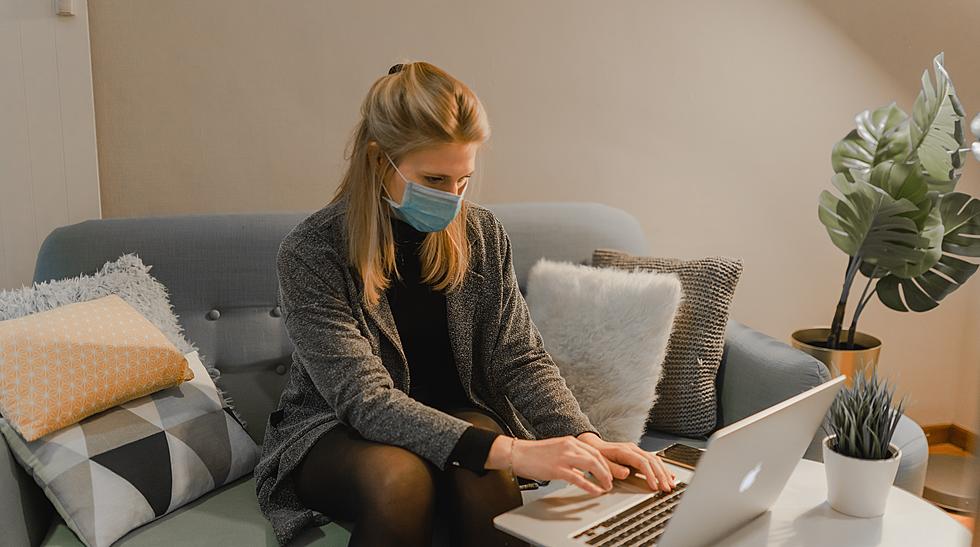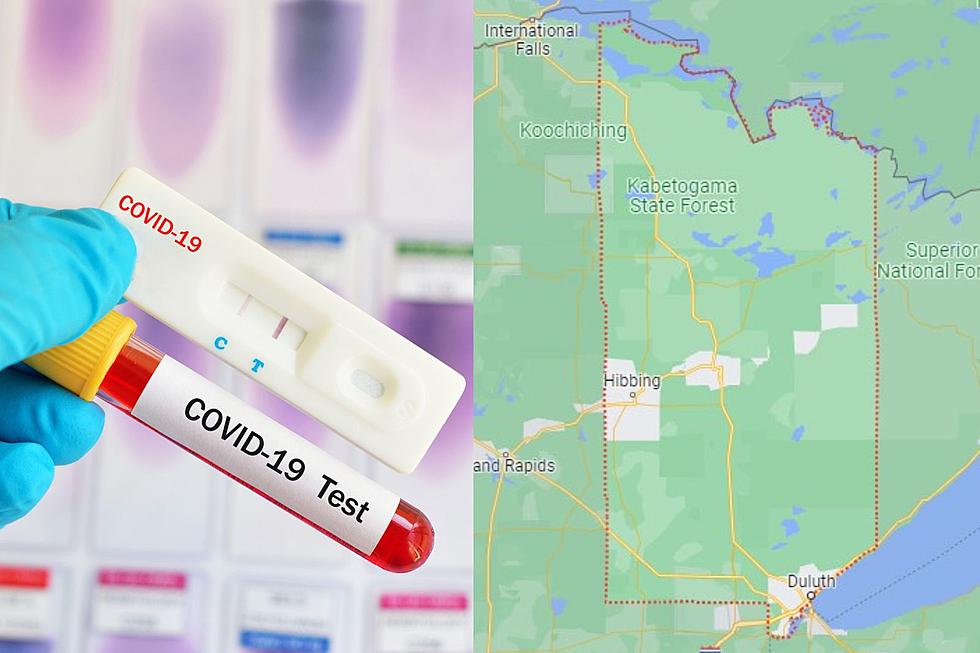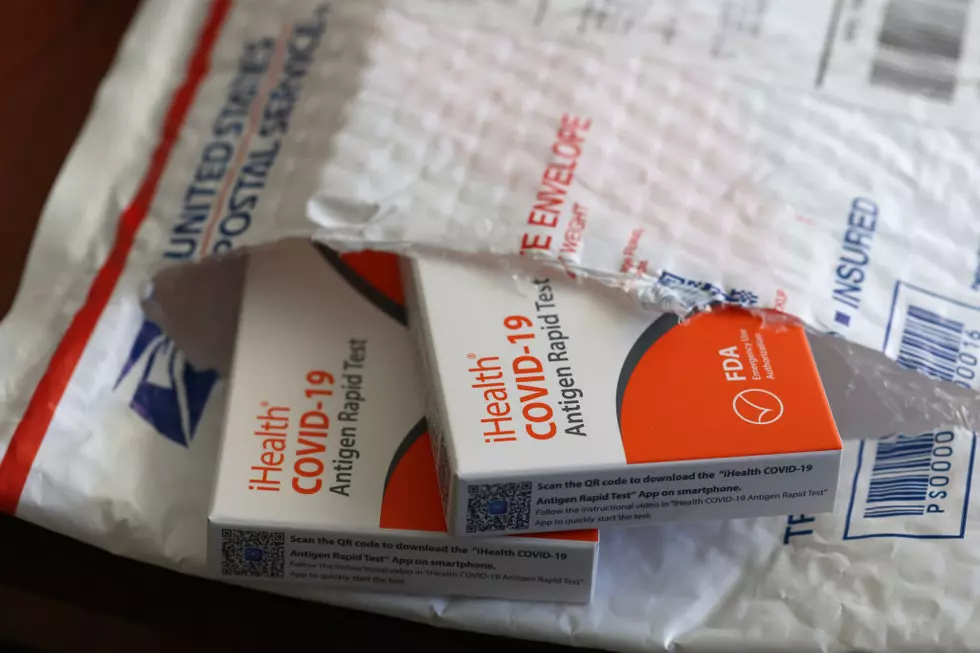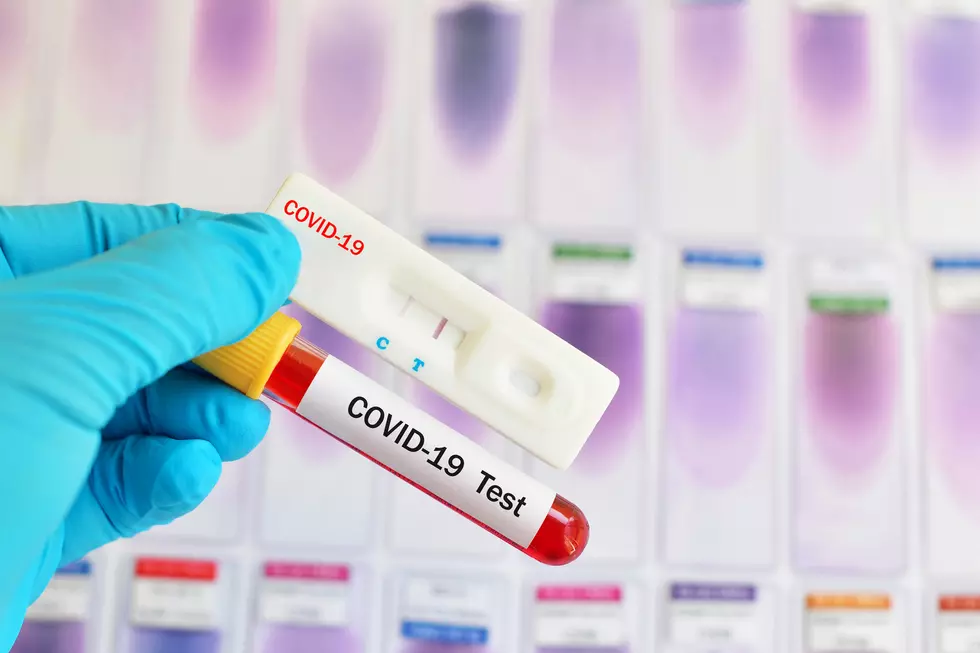
Twin Cities Food + Beverage Establishments To Require Proof Of Vaccination Or Negative Test
Government leadership in both Minneapolis and St. Paul announced Wednesday that customers to a large number of businesses in both cities will be required to show proof of vaccination or recent negative test.
Twin Cities TV station KSTP is reporting the mayors of both Minneapolis and St. Paul held a joint press conference on Wednesday to announce the roll-out of a new temporary policy aimed at businesses that serve indoor food and/or beverages.
The policy, which in many ways mimics policies in other cities around the country, will require one of the two options of customers that intend to patronize businesses licensed to serve food or beverages indoors:
- Show proof of COVID-19 vaccination (two-shot Moderna or Pfizer series or one-shot Johnson & Johnson shot)
or
- A negative COVID-19 test result - either PCR or antigen test - taken within 72 hours of visit to the business
For those using proof of vaccination as their method of entry, proof of booster is not necessary. Simply the full series of 2 shots for Moderna or Pfizer or single shot for Johnson & Johnson.

The policy will go into effect on Wednesday, January 19. During the announcement, Minneapolis Mayor Jacob Frey outlined that while there is no explicit expiration date on this new policy in Minneapolis, it is meant to be temporary. In St. Paul, on the other hand, the policy will end after 40 days, unless further action is taken to either end or extend the policy.
Frey added that the new policy is what he called a critical component in avoiding closure of businesses, saying "We want to stay open and we need to stay safer".
The types of businesses impacted by this new policy in both cities include:
- Indoor Restaurants
- Bars
- Stadiums
- Bowling Alleys
- Coffee Shops
- Cafes
- Theaters
- Catering Halls
- Convention Centers
The policy will not apply to customers picking up takeout from establishments, and is not directed at schools, hospitals, or grocery stores.
For venues holding ticketed events, organizers will have until January 26 to put the new rules in place.
Critics of the new policy point out that even vaccinated individuals are seeing high levels of breakthrough cases and that the recent Omicron surge has led to shortages of testing availability.
Despite these arguments, both cities hope the new policy will help in efforts to keep these businesses open, particularly as a measure to keep both patrons and staff from getting ill.
A number of industries across the country have seen challenges with staffing as groups of individuals within businesses are falling ill at the same time, making it more difficult for businesses to maintain their normal level of service and hours of operation.
More From KOOL 101.7









